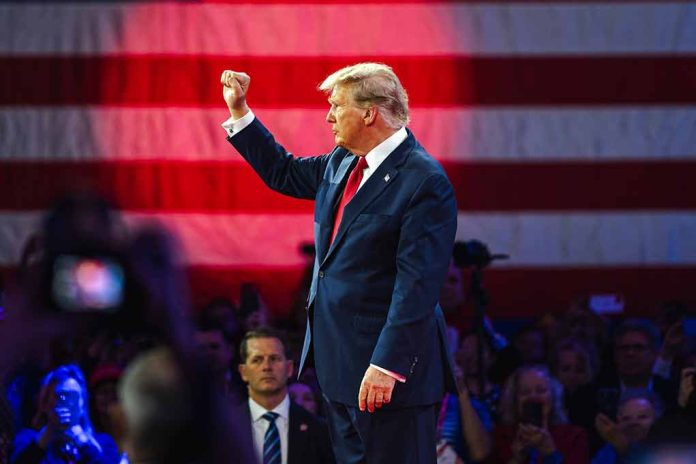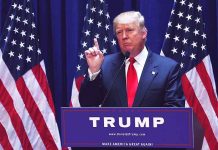
In the bustling service industry of Nevada, where tips are the lifeblood of countless workers, a seemingly simple proposal has ignited a firestorm of debate and political maneuvering. The “No Tax on Tips” bills, initially floated by Donald Trump during a Las Vegas rally, have surprisingly united politicians across party lines but remain stalled in congressional committees. This legislative gridlock highlights the complex interplay between populist ideas, economic realities, and the intricacies of tax policy. As we delve into this issue, we’ll explore why these bills matter to millions of Americans and the obstacles preventing their passage.
The Proposal and Its Supporters
The “No Tax on Tips” concept gained traction quickly, particularly in Nevada, which boasts the highest percentage of tipped workers in the United States. The proposal targets workers in tip-reliant occupations, including food and drink servers, beauty parlor employees, and even legal brothel workers. Its bipartisan support is evident, with both Republican politicians and Democratic Senators Catherine Cortez Masto and Jacky Rosen backing the idea.
The Culinary Workers Union Local 226, a powerful force in Nevada politics, has thrown its weight behind the proposal. Ted Pappageorge, the union’s secretary-treasurer, emphasized the unique position of Nevada’s tipped workforce:
“There’s no other concentration of tip earners that are actually represented by a union like this anywhere else”
This support from both labor and political leaders underscores the potential impact of such legislation on a significant portion of the workforce.
The Gridlock Explained
Despite widespread support, the “No Tax on Tips” bills face significant hurdles in Congress. The proposals are currently stalled in both Senate and House committees, highlighting the complexities of changing tax policy, even for seemingly popular ideas.
‘No Tax on Tips’ excites —and divides — Nevada voters https://t.co/80Zg7Y6rcf pic.twitter.com/lgsGd27A63
— New York Post (@nypost) August 6, 2024
One of the main challenges is the potential economic impact. Critics argue that exempting tips from taxation could lead to unintended consequences. David Neumark, a distinguished professor of economics at the University of California-Irvine, raises a pertinent question:
“I’m not sure why we would not tax their earnings versus other people’s earnings”
This concern about fairness and potential distortions in the labor market is a significant factor in the legislative stalemate.
The Worker’s Perspective
For many tipped workers, the proposed legislation represents a potential lifeline. The current system of taxing tips can lead to situations where workers feel unfairly burdened. Liz Hudson, a casino worker at New York, New York, expresses a common frustration:
“When we get stiffed, we’re getting taxed on that drink that we just brought out, and we get nothing for it”
This sentiment is echoed across various service industries, where workers often feel that the current tax system doesn’t account for the unpredictable nature of tipped income.
Sources
- ‘No Tax on Tips’ excites —and divides — Nevada voters
- Ending taxes on tips brings unity in Nevada’s battleground politics.
- Republicans unveil measure eliminating taxes on tips after Trump proposal
- Trump Floats Tax-Free Tips for Workers. That Could Mean More Tipping for Customers.
- Former President Donald Trump proposes at Nevada rally ending taxes on tips
More from Around the Web
Kamala Harris tax policies in focus as Trump’s tax reform set to end in 2025:
Voters respond to Trump proposal to eliminate taxes on tips:
Replacing taxes with tariffs: Breaking down Trump’s tariff-for-tax cuts plan:









